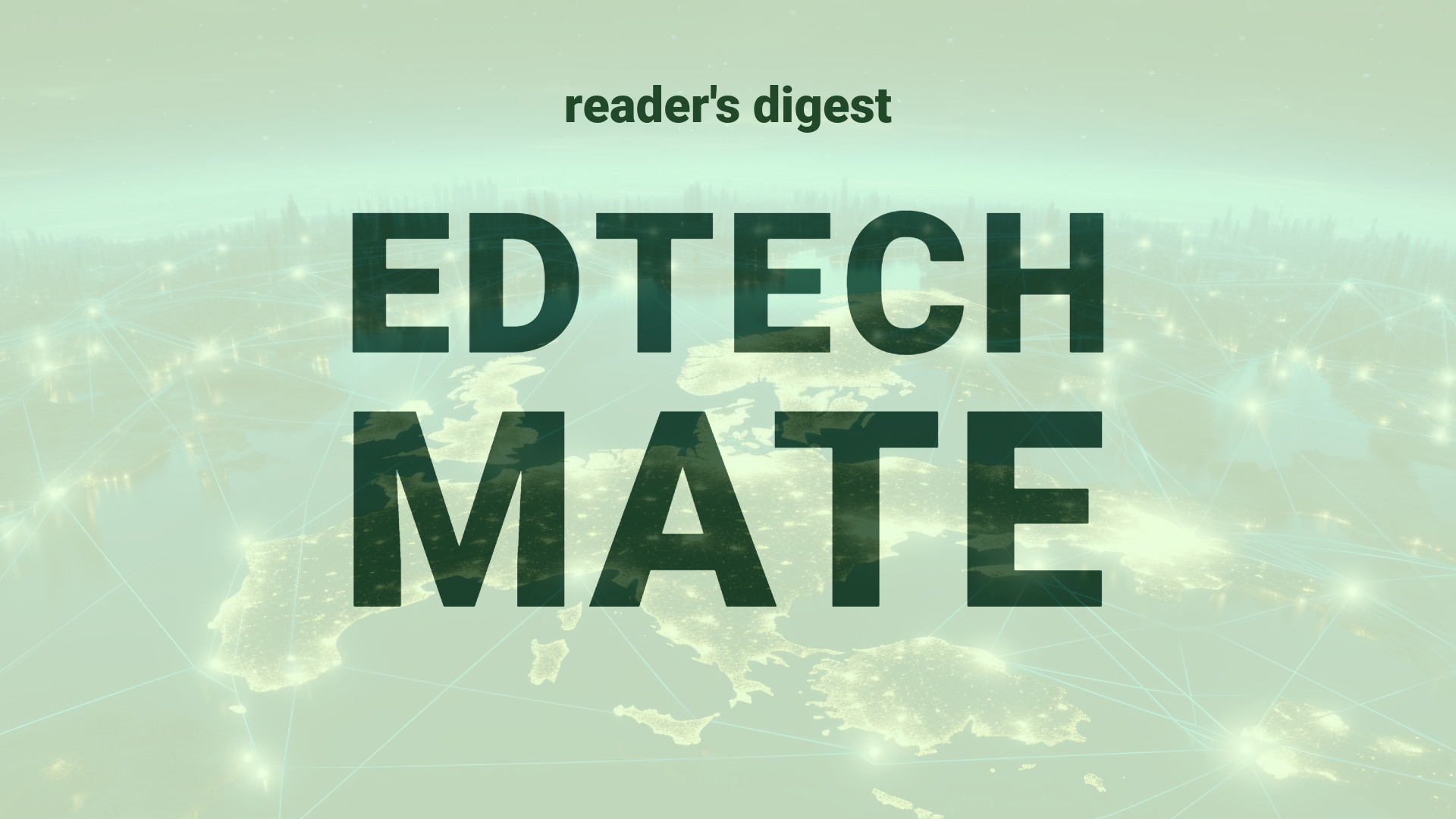Executive Summary and Main Points
In the discussion of PhD capabilities, several key innovations and trends emerge that align with the larger themes within international education and digital transformation. Identifiable factors influencing PhD success include financial stability, personal traits like perseverance, and the potential impact of systemic biases. A notable underestimation of these elements implies the privileged positions from which many view postgraduate education access. Critical to the discourse on global higher education is acknowledging these disparities as we push towards inclusivity and diversity in academic pursuits.
Potential Impact in the Education Sector
The considerations raised have profound implications across various educational spheres. In Further Education and Higher Education, there’s a heightened awareness that entry into research-intensive degrees transcends intellect; it also requires a confluence of financial support and personal attributes often untaught in traditional education. As for Micro-credentials, their role might expand by providing supplemental learning that develops the non-academic competencies essential for PhD success. Crucially, strategic partnerships and digitalization could democratize access to resources, mentorship, and learning tools necessary for embarking on a PhD journey.
Potential Applicability in the Education Sector
AI and digital tools offer transformative applications in the global education systems. For instance, AI-driven platforms can personalize learning pathways for PhD candidates, while virtual research communities can mitigate isolation and provide peer support. Digital resource libraries can alleviate some financial burdens by granting access to scholarly materials. Furthermore, AI-enabled bias detection tools in application systems can pave the way for equitable admissions processes.
Criticism and Potential Shortfalls
Despite promising technological interventions, potential shortfalls cannot be overlooked. Real-world examples demonstrate that technological access itself can become a barrier, reflecting existing socioeconomic divides. Comparing international case studies, one would notice varying degrees of tech integration and its efficacy across different cultural contexts. Moreover, there are ethical concerns about data privacy and the impact automated tools might have on academic integrity and personalization in the mentoring process.
Actionable Recommendations
For the pursuit of these technologies in education, international education leadership should consider: Encouraging diverse funding sources to alleviate financial pressures for PhD aspirants, developing programs that target the cultivation of resilience and self-motivation as core competencies for academic success, critically assessing their own institutional biases, and ensuring cultural competencies in AI and digital tools development and implementation. A focus on strategic partnerships, between academia, technology providers, and educational policymakers, would foster a supportive ecosystem for aspiring PhD candidates globally.

